
PM Dahal Emphasizes Production and Employment-Focused Budget
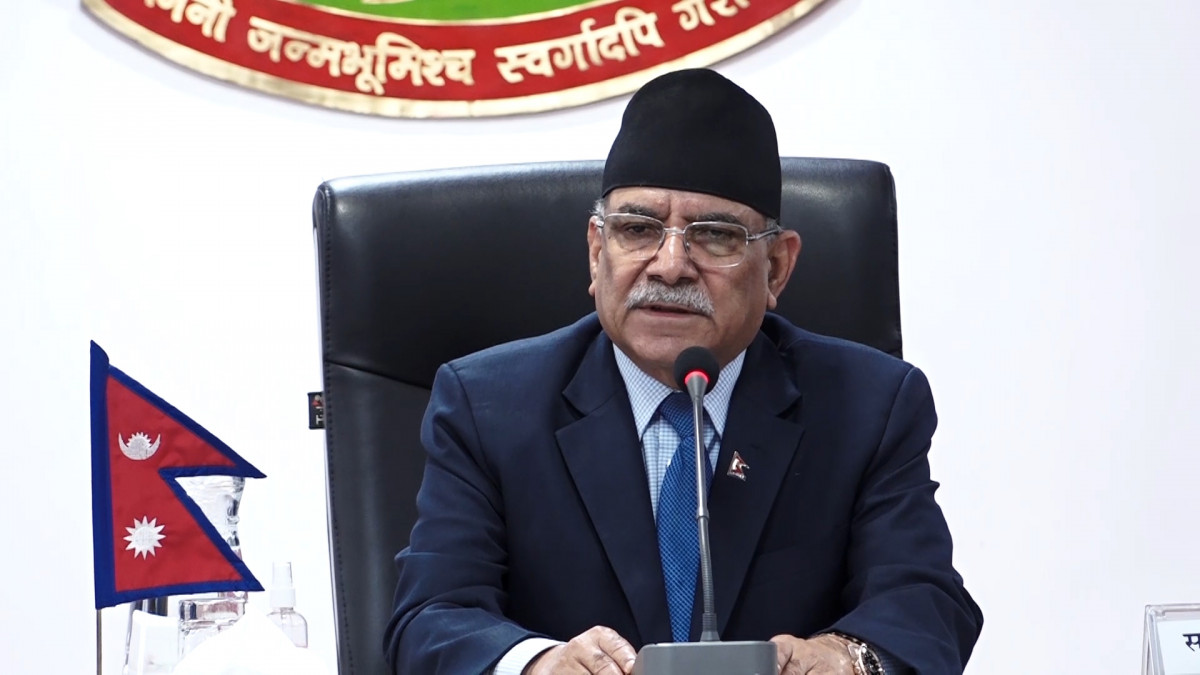
Prime Minister Pushpa Kamal Dahal has emphasized the need for a budget that stimulates production and employment in the country. He directed the ministers and secretaries to depart from the traditional approach to budget-making.
During a meeting held at Singha Durbar on Wednesday to estimate resources for the upcoming budget, PM Dahal reminded his subordinates to prepare a budget that instills hope. “There are two schools of thought on budget-making – traditional and innovative. I advocate for the innovative approach that is prepared to tackle challenges and deliver results. We can challenge the narrative of ‘nothing is possible.’ I am determined to enact something novel,” he emphasized during the meeting.
According to the PM, the traditional school believes the economy is under pressure, while the innovative one sees an opportunity to enact new measures despite challenges.
Furthermore, the PM emphasized that the state has the ultimate responsibility for the protection of its people. In times of crisis, the state’s role becomes even more crucial. Therefore, we must introduce novelty into the budget to restore public trust in the government. “The success of any country lies in instilling hope in its people,” he added.
“Make additional efforts to increase revenue. Expanding the tax base and controlling revenue leakage are imperative. Special initiatives are needed for increased capital spending. Prioritizing projects and maintaining momentum on ongoing initiatives are equally important in budget formulation,” PM Dahal reminded the ministers and secretaries.
“Our priority is the utilization of the budget for production and job creation. Projects that have stagnated without yielding results should be reconsidered,” the PM suggested.
Finance Minister Barsha Man Pun also echoed the PM’s sentiment that the budget should focus on areas that bolster the economy.
The meeting was attended by the Vice Chair of the National Planning Commission, the Chair of the National Natural Resource and Fiscal Commission, the Chief Secretary, ministry secretaries, and other officials.

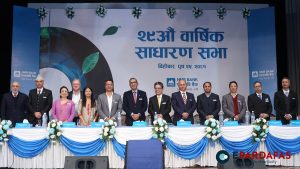

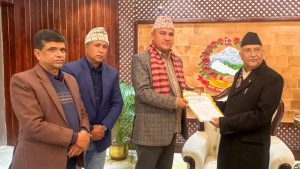
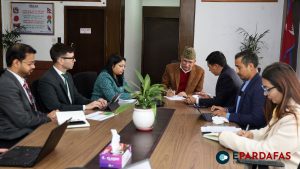




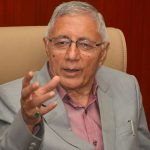

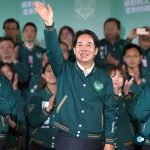
Comments